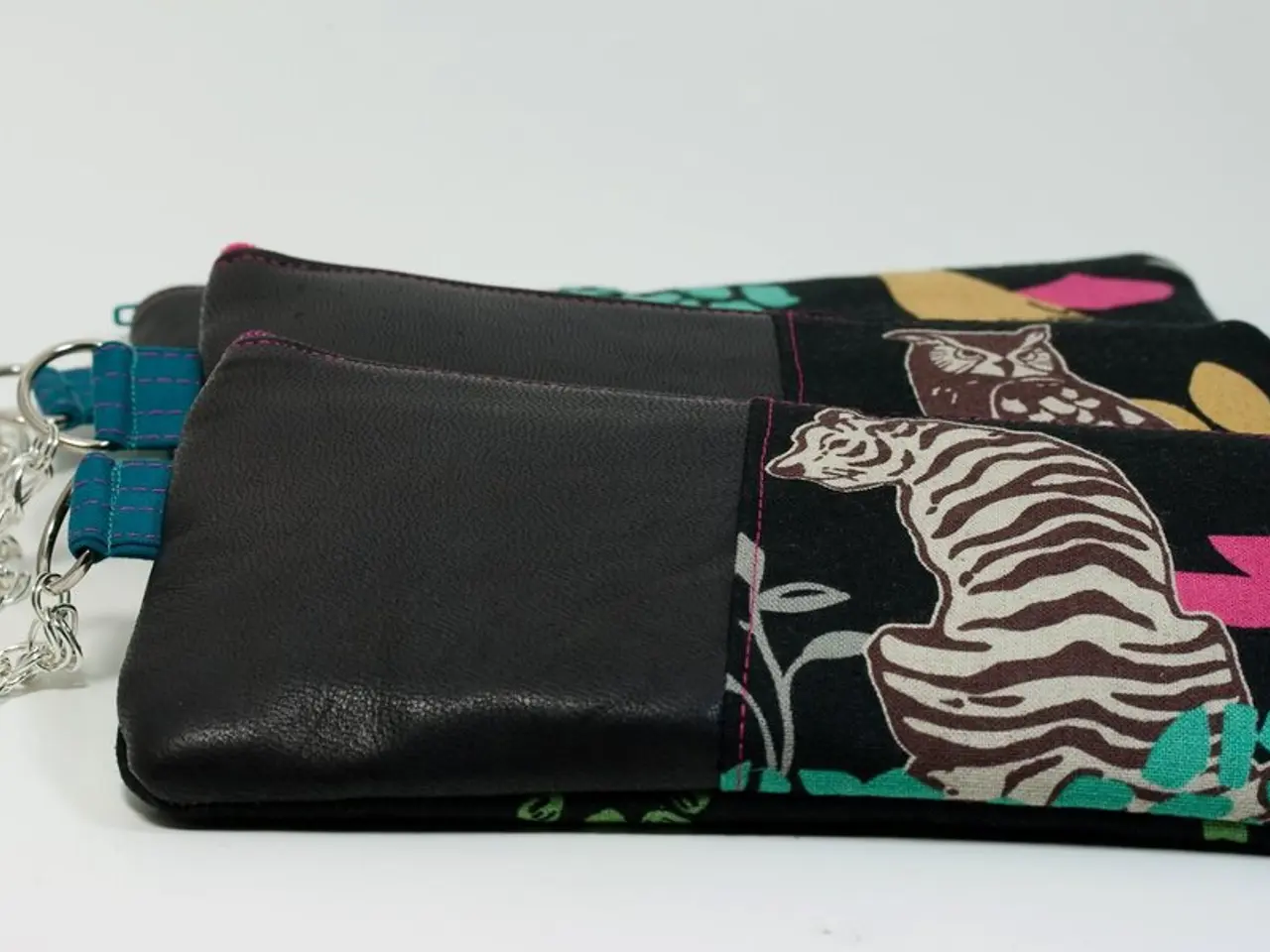Bullish on the Euro: Bulgaria Given Green Light for Currency Adoption from Europe Commission
Euro Currency Approval Granted by EU Commission for Adoption in Bulgaria - EU Commission Grants Approval for Implementation of the Euro Currency in Bulgaria
Get ready to see the small Balkan country of Bulgaria swap their national currency, the Lev, for the powerful Euro! That's right, the European Commission has given Bulgaria the thumbs up for adopting the common currency, making it the 21st member of the Eurozone. The landmark decision will see Bulgaria transition away from their traditional currency on January 1, 2026.
Bulgaria has been a part of the European Union since 2007 and will become the 21st EU nation to adopt the Euro, following in the footsteps of its neighbor Croatia, which joined the currency zone in 2023.
The European Commission President, Ursula von der Leyen, sees the Euro as a symbol of European strength and unity, stating that Bulgaria's economy will thrive with increased trade with the Eurozone partners, foreign direct investments, and access to financial resources. This, in turn, will lead to high-quality jobs and increased incomes for the Bulgarian people. However, there have been protests in Bulgaria about the introduction of the Euro, with critics fearing that it will cause price inflation.
The Adoption Delayed
Although Bulgaria is currently one of the poorer EU countries, it has been showing positive growth rates when compared to other nations. According to data from Eurostat, Bulgaria's economic performance in 2022 was 34% below the EU average. Introducing another country to the Eurozone will make trade and travel more accessible, reducing concerns about exchange rates for businesses, investors, and tourists.
Even though Bulgaria was originally scheduled for Euro adoption in the beginning of 2024, the introduction was pushed back due to a relatively high inflation rate of 9.5% at the time. From the EU Commission's perspective, the criterion of price stability was not met. Now, the Bulgarian economy is on the right track, having made significant strides in the key economic indicators required for joining the currency area.
Joining the Eurozone
All EU member states, apart from Denmark, are required to join the Eurozone once they meet the conditions. Apart from Bulgaria, other countries still waiting for Euro adoption include Poland, Romania, Sweden, Czech Republic, and Hungary.
To join the Eurozone, certain criteria must be met, such as price stability, sound public finances, and stable exchange rates. Inflation must be maintained within reasonable limits to preserve the value of money and its purchasing power. Additionally, countries must demonstrate that they have their public debt under control, ensuring that their national currency remains stable to give companies the ability to plan effectively.
The progress of Euro adoption candidates in these convergence criteria is continuously evaluated by the European Central Bank (ECB) and the EU Commission. Ultimately, the Council of the European Union makes the decision about whether a country is ready for the Euro based on a proposal from the EU Commission and after hearing from the European Parliament, and the ECB has also given the approval.
Taking to the Streets
The debate surrounding the introduction of the Euro in Bulgaria is a contentious one, with heated protests and demonstrations happening regularly. Opponents of the Euro, particularly supporters of pro-Russian and nationalist parties, fear that introducing the Euro will lead to higher prices and loss of national sovereignty.
On the other side of the debate, proponents of Euro adoption argue that it will bring increased trade opportunities and stability to Bulgaria's economy.
- Bulgaria
- European Union
- Eurozone
- EU Commission
- ECB
- Brussels
- Sofia
- Balkans
- Croatia
- Ursula von der Leyen
- Eurostat
- Inflation
- Bulgaria, following Croatia's footsteps as the neighboring country in the Balkans, has been granted approval by the European Commission to join the Eurozone in 2026, becoming the 21st EU nation to adopt the common currency.
- The European Commission President, Ursula von der Leyen, sees Bulgaria's adoption of the Euro as a significant step towards increased trade with Eurozone partners, leading to high-quality jobs, increased incomes, and overall economic growth. However, the decision has faced opposition from some groups due to concerns about price inflation.




